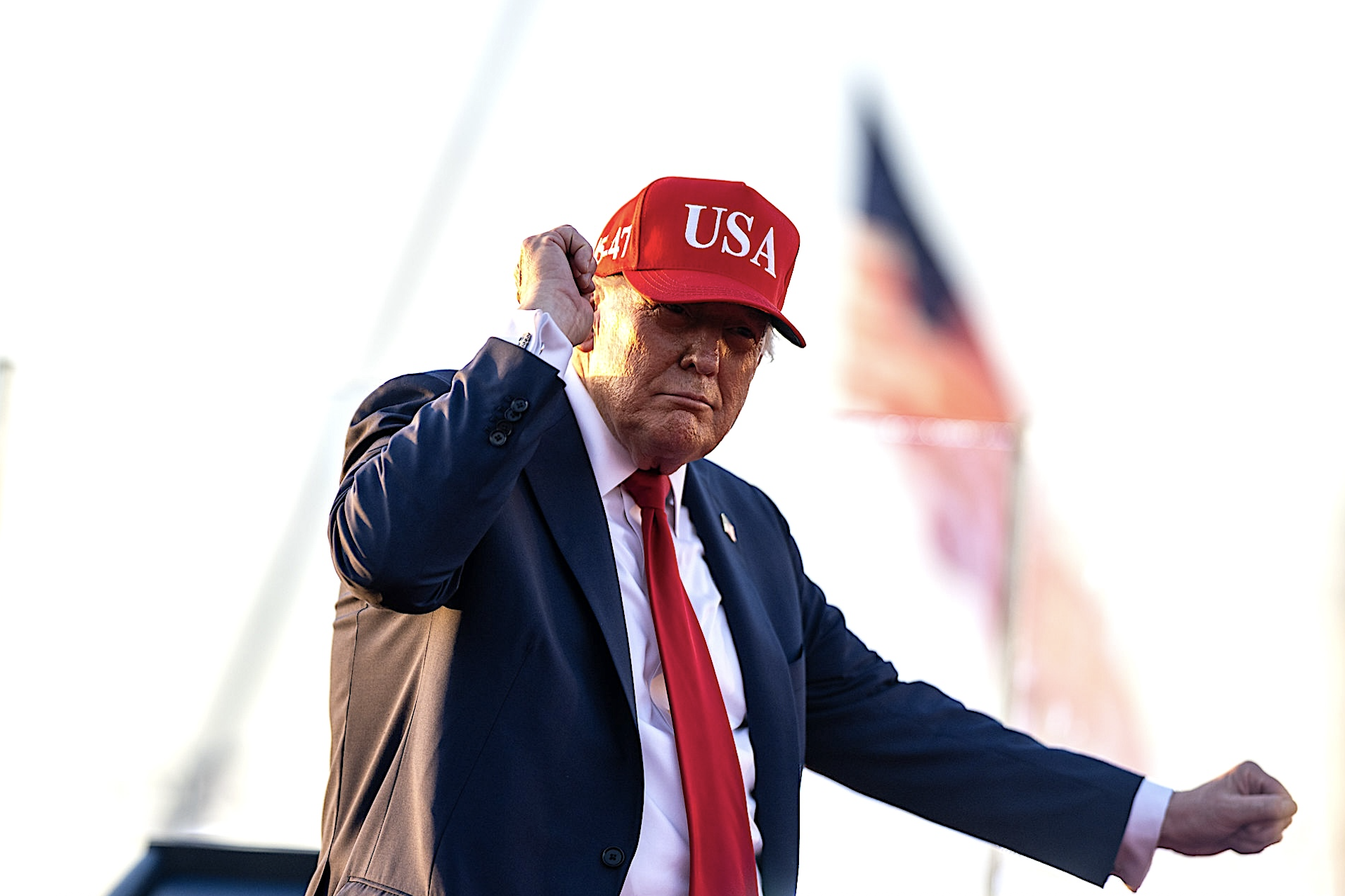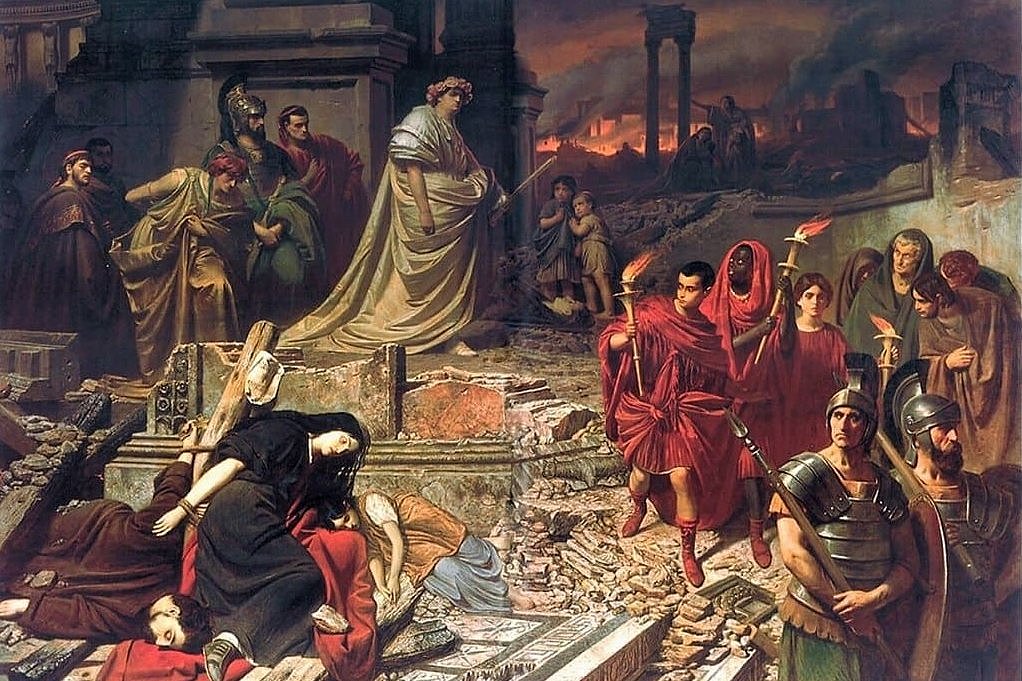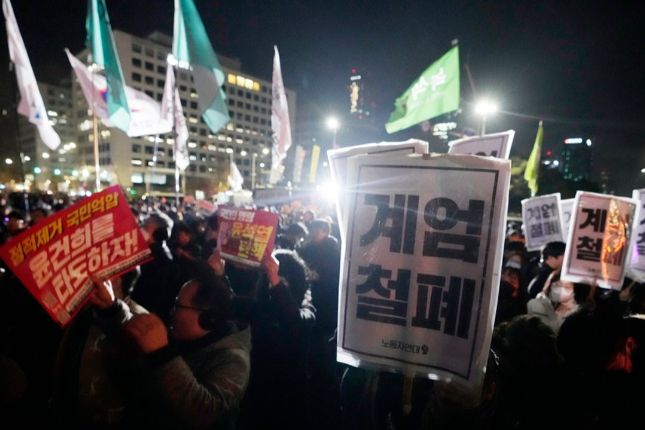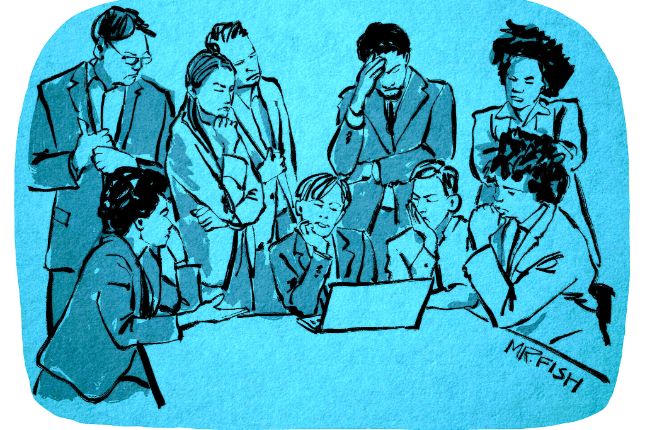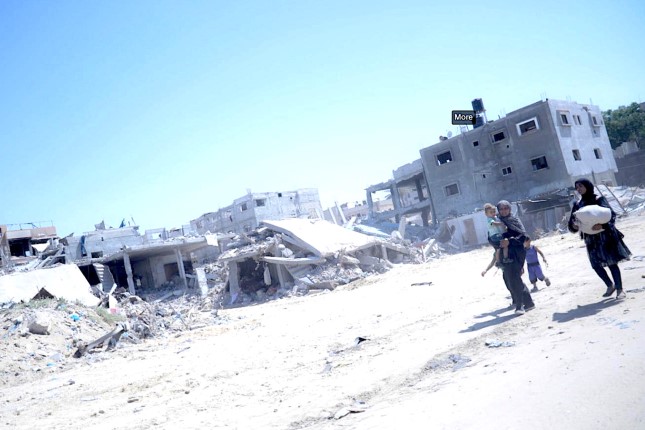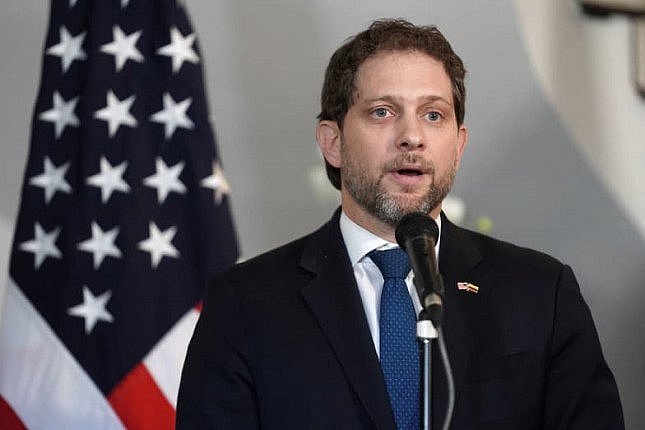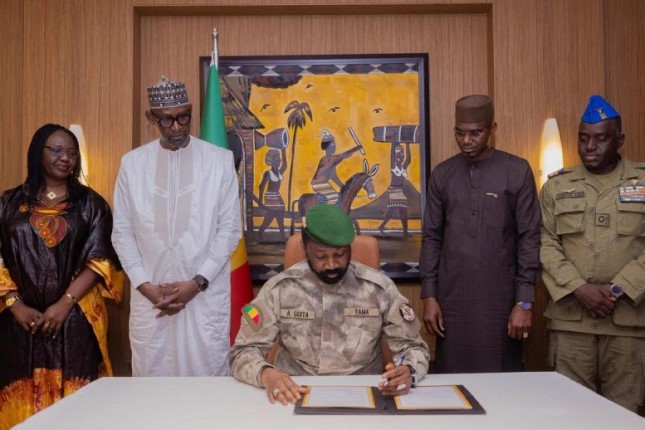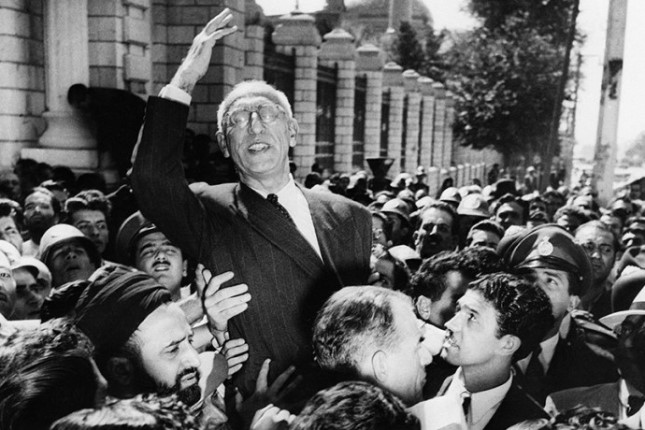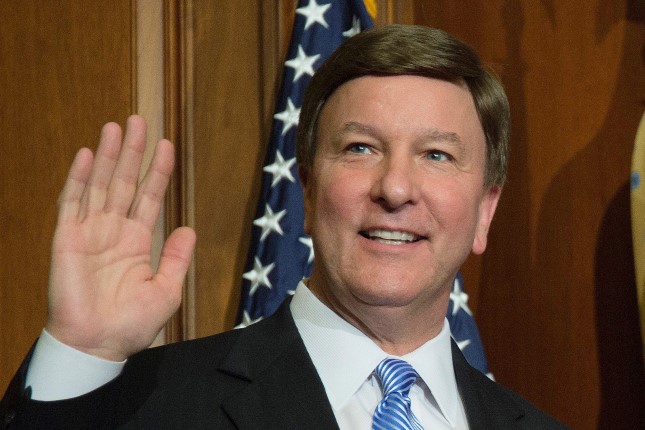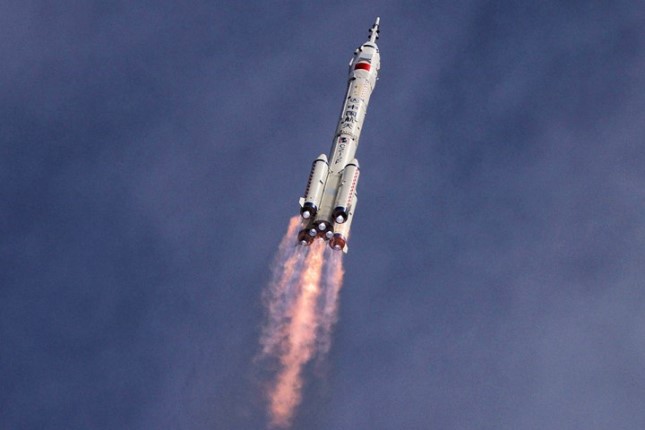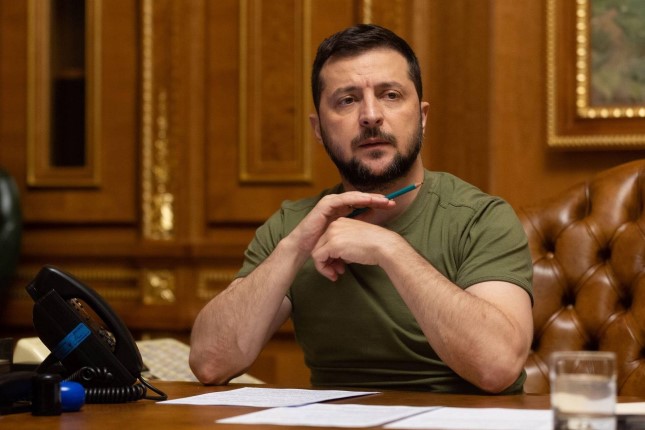Presidents Donald Trump and Vladimir Putin have spoken by telephone numerous times since the former reassumed office seven months ago. Not much appears to have been accomplished by way of these exchanges, some of which have been lengthy, according to the accounts Washington and Moscow have provided afterward.
No progress toward a durable settlement to end the war in Ukraine. Talk and desultory diplomatic contacts with a view to repairing the profligate damage successive American administrations have done to U.S.–Russian relations, but no substantive advances. O.K., it is what it is, as we say. But there was something singularly conclusive about the telephone conversation the U.S. and Russian leaders had last Thursday.
I detect that a dead end has been reached.
Trump was trying once again to get Putin to agree to an “immediate and unconditional ceasefire” in Ukraine — “the quick end to the military action,” as Yuri Ushakov, the Kremlin’s senior foreign policy adviser, put it. Putin was trying once again to explain that the time has come to structure an enduring settlement by addressing — the Kremlin’s favored phrase these days — the “root causes” of the conflict.
Maybe it is the barrage of drones and missiles with which the Russians bombarded Kiev and other Ukrainian cities within a few hours of the Trump–Putin exchange that prompts me to think the two leaders or their diplomats are unlikely ever to get anywhere on the telephone or at the mahogany table.
The Ukrainians, for what their word is worth, counted 539 drones and 11 missiles, including a hard-to-intercept, high-velocity (Mach 10 hypersonic) projectile called the Kinzhal.
This was the largest aerial attack so far in the war, by the Ukrainians’ reckoning, and it left Kiev smoldering last Friday morning. It is hard to avoid concluding the Kremlin had a point to make after the failure of the phone call.
Trump Has Nothing to Propose
Or maybe it is Trump’s remarks after the call that makes me think a diplomatic settlement seems simply beyond reach — this at least until the Ukrainian military is decisively smashed, and very possibly not even then.
“I was very unhappy with my call with President Putin,” Trump told reporters aboard Air Force One afterward. “I didn’t make any progress with him at all. He wants to go all the way, just keep killing people, it’s no good.”
You cannot be surprised at this current state of affairs. Trump made no progress with the Russian leader because he has nothing to propose that would make progress possible. Social media messages demanding a ceasefire, replete with capital letters and exclamation points, do not count and do not work as statecraft; they betoken nothing so much as Trump’s — read, the West’s — un-seriousness.
The fundamental problem here is that Kiev and its sponsors are unable to accept defeat. I concluded more than a year ago that Ukraine and its Western powers had lost the war — “effectively lost,” I thought for a time, but then I dropped “effectively.”
For a good long time now what we’ve watched is nothing more than postwar gore. If you have lost a war but cannot admit you have lost because the West must never lose anything, you are down to the old game of pretend. And so long as the U.S. and its European clients insist that they deserve any consequential say in the terms of negotiation — as if they can assert the authority of a victor — it amounts to the pointlessness of pretending.
It is as if the Germans, if you do not mind the comparison, insisted they set the terms of surrender in May 1945, or had a say in the settlement concluded at Versailles in 1919.
When a settlement is finally reached it will not be termed a surrender — you can count on this — but this is what it will come to. And Russia, to turn this question another way, will have a responsibility to avoid turning a finally achieved peace into another Versailles disaster — where the victors planted the seeds for a renewal of conflict — by asking too much.
I am confident Moscow will hold to its currently expressed demands, which I consider eminently just and not at all excessive: A new security architecture in Europe; no NATO membership for a neutral Ukraine that must be demilitarized and de-Nazified; and recognition of the four oblasts that voted to join Russia.
Ressentiment
But I am not confident Ukraine and the neo–Nazis who control the military and the civilian administration — yes, both — will ever accept any kind of coexistence with the Russian Federation. The hatred is too visceral, too irrational, too atavistic, too pathological. This is why de–Nazification was and remains a Russian objective.
The neo–Nazi beast, never far below the surface in post–1945 Ukraine, was sprung into the open air with the U.S.–cultivated coup in 2014. Washington and its clients in Kiev needed the neo–Nazis, especially but not only the armed militias, because they could be relied upon to fight the Russians with the sort of visceral animus the occasion required.
I do not know what a de–Nazification operation would look like, given the phenomenon’s above-noted characteristics, but something will have to be done to rid the Ukrainian consciousness of this deformity.
What we will see in Ukraine otherwise will prove an horrific case of ressentiment — enduring and poisonous. Ressentiment is a term the Germans, Friedrich Nietzsche among them, borrowed from the French in the 19th century because they had no term for the phenomenon.
It denotes the hostility and anger within a group arising from a shared sense of inferiority in the face of another — this other becoming a kind of scapegoat for a society’s frustrations and complexes.
Max Scheler, the 19th and early 20th century phenomenologist, explored all this in Ressentiment, a brief but pithy book he published in 1912 (in English, Marquette Univ. Press, 1994). As Scheler explained in interesting detail, a socially accepted set of values arises from this complex of feelings.
Ressentiment is a potentially dangerous sentiment when it animates a society that feels itself wounded over a sustained period of time. We need look no further than the extreme Russophobia evident today among some segments of the Ukrainian population for a case in point.
Against this historical and social backdrop, I do not see the Ukrainians as capable of reaching a settlement to end the war that has already torn apart the nation and its people. I do not see that they can achieve peace, either with others or among themselves, because they do not know peace and they are not capable of it.
A Rockface of History
But I see another reason peace in Ukraine will prove elusive, if not impossible, even as the Russians achieve it on the battlefield. (And I tend toward the latter probability.) This judgment arises when we put the Ukraine crisis in a larger, global context.
I think of Ukraine as resembling the rock face in a mine, or a front line in a global conflict: It is where the non–West is most urgently chiseling a new world order into being. It is a site of insistence, let us say. And it is where the West proposes to stop this world-historical turn of history’s wheel — a turn that simply cannot be stopped.
Think of Putin’s demands. Apart from de–Nazification — an objective that, to me, reflects considerable insight on Moscow’s part — there are the more encompassing “root causes.” I gather Putin used this phrase yet again in his call with Trump. [See: Rooting Out the Root Causes in Ukraine]
Putin, Sergei Lavrov, his foreign minister, and other senior Russian officials have been clear on this point at least since Moscow sent those two draft treaties Westward in December 2021 as the proposed basis of negotiations that would lead to an encompassing new security structure between Russia and the West.
This framework would relieve the decades of tension along Russia’s western flank and Europe’s east and would be of benefit to both sides. This was and remains Moscow’s intent. Settlements that address the concerns of all sides, as against one side’s at the expense of another, is the very essence of sound statecraft.
But any such settlement would stand as an expression of parity between West and non–West. As I have argued severally over the years, parity between these two spheres is a 21st century imperative. There will be no world order without it — only more of the disorder the Western powers call, altogether absurdly, “the rules-based order.”
But it is precisely even the thought of parity that the United States and its trans–Atlantic allies refuse to accept. It would bring to an end the half-millennium of dominance the West cannot release from its grasp even as it will eventually have to do so.
“It is no good,” Trump said after his latest telephone talk with Putin. No, and I do not see how it can be. Trump has nothing to offer the Russians that would amount to a serious address of what is genuinely at issue between America and Russia — between the West and non–West.
I leave it to readers to conclude where this leaves the Ukraine conflict and the larger question of Russo–American relations. It is, once again, what it is — or what it is at the moment.
In another column I will revisit this question of parity as it applies in West Asia.
Source: Consortium News.
